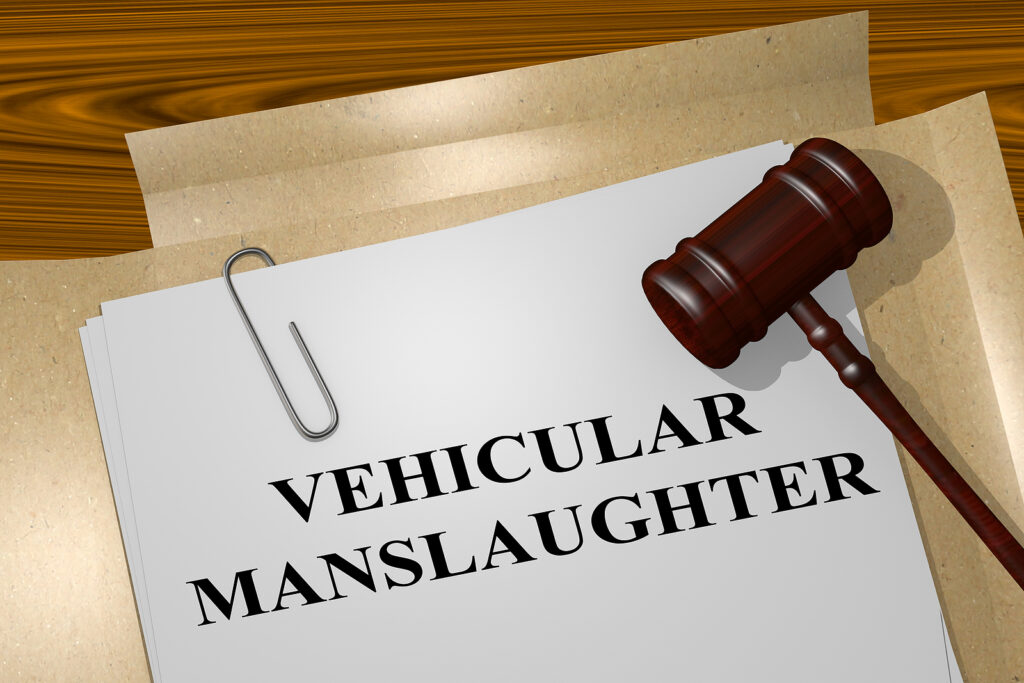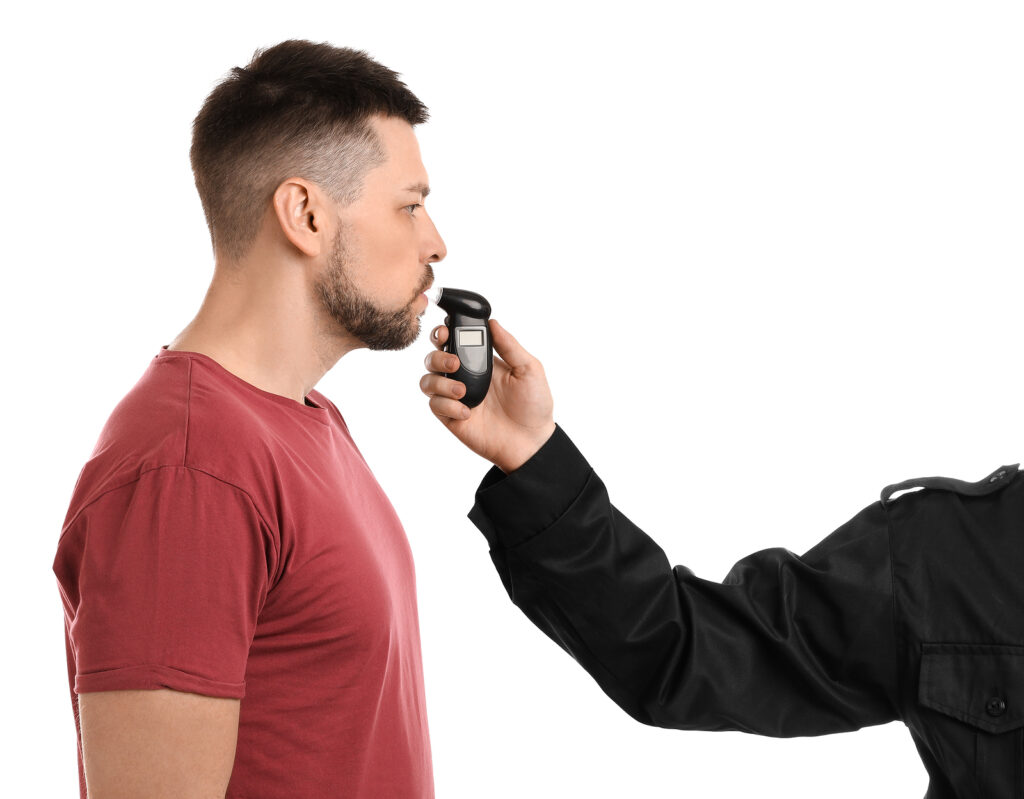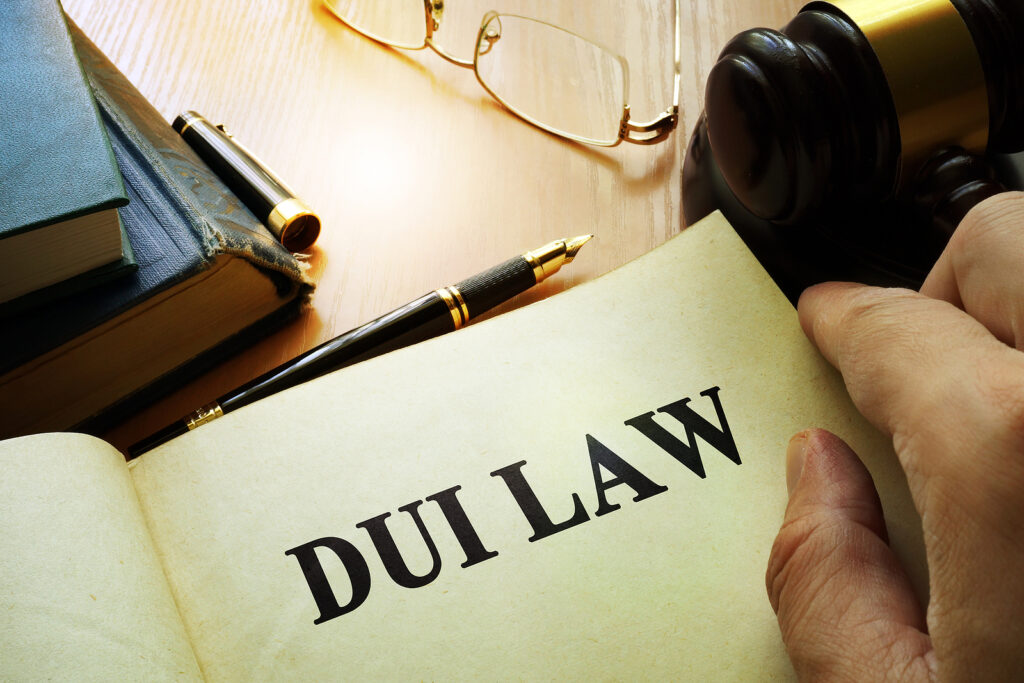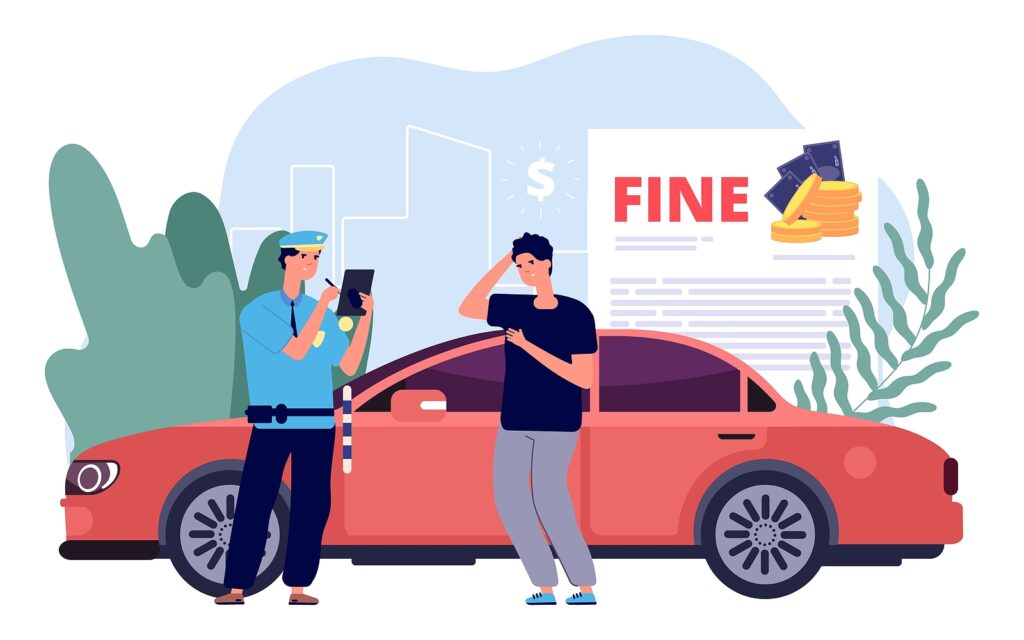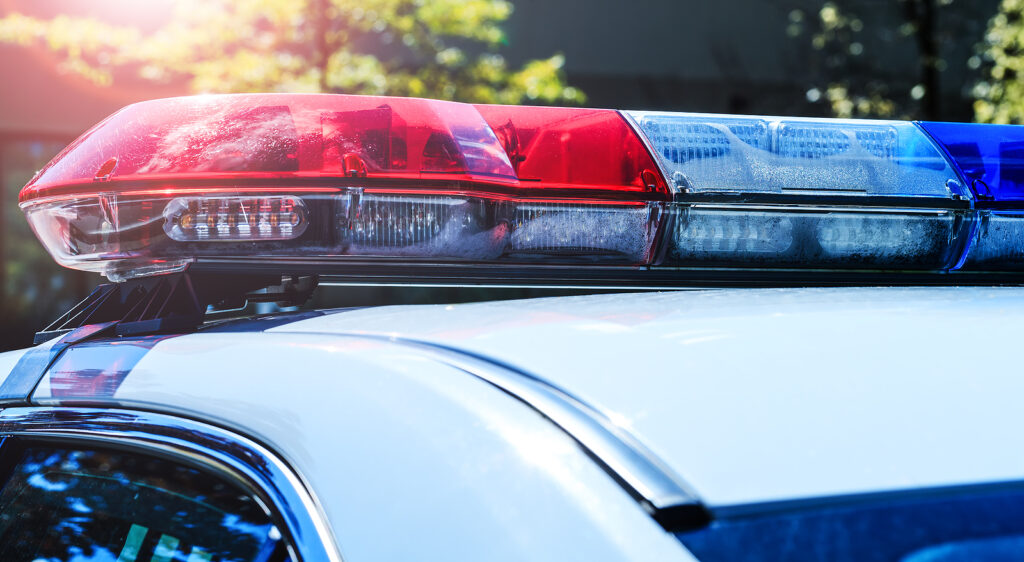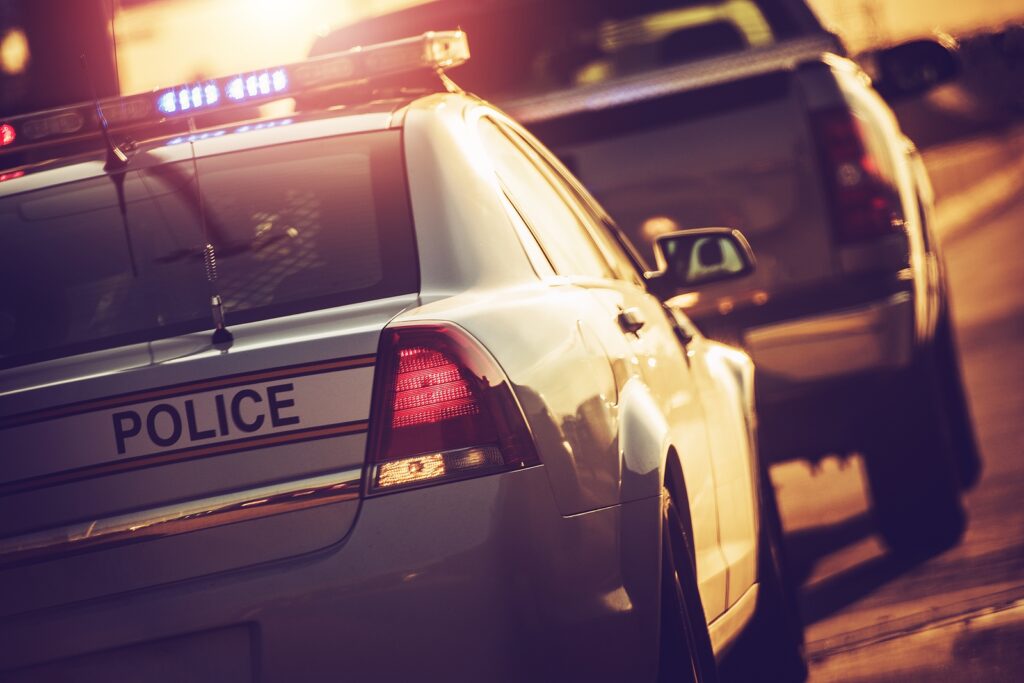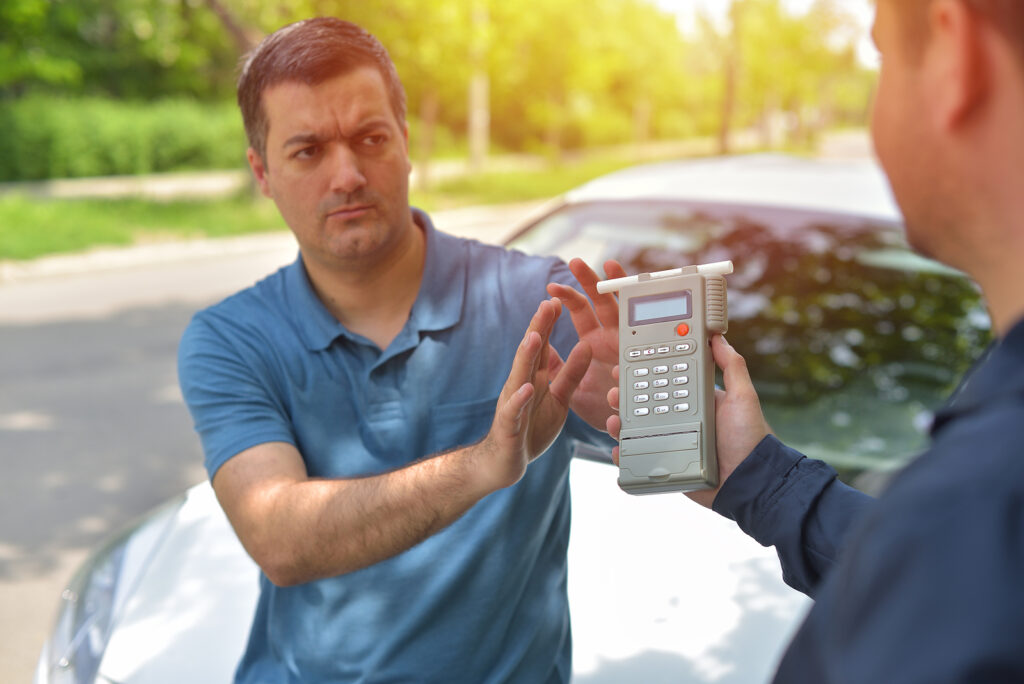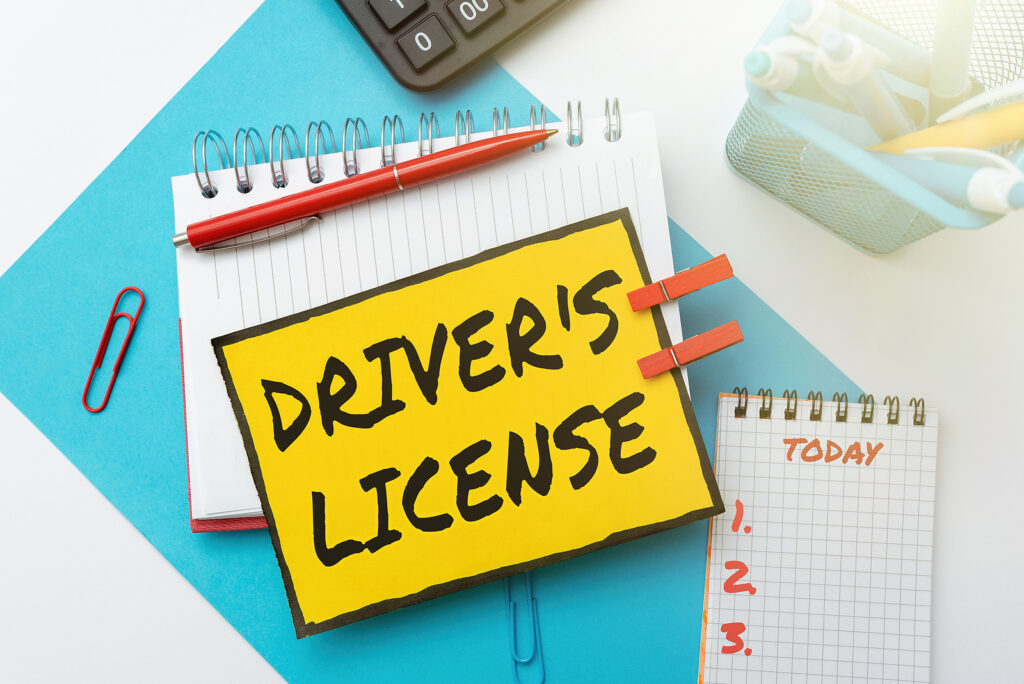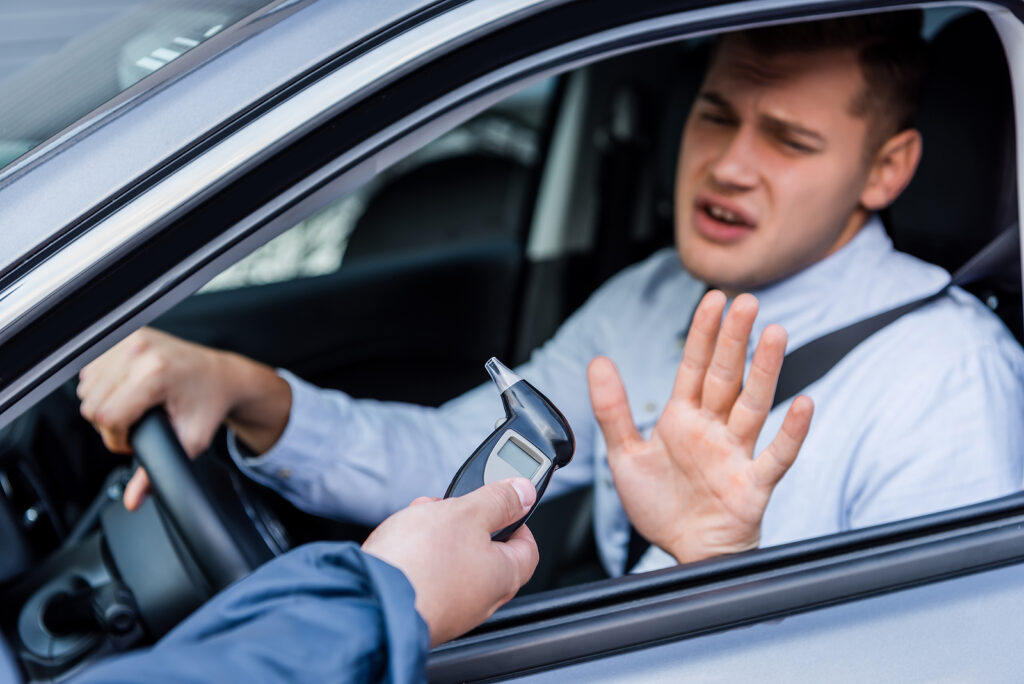If you are pulled over while driving, and the cop believes they smell alcohol on your breath, you will likely be asked to take to a breathalyzer test. This device measures and computes the amount of alcohol on a person’s breath. When you pass the breathalyzer test, you are generally free to go; however, if you do not pass the test, your car will be towed and impounded while you are arrested for a DUI (driving under the influence) and taken to jail.
Drunk driving charges, also known as DWI’s (driving while intoxicated) and OWI’s (operating while intoxicated), can lead to heavy fines, strict and mandatory probation and court orders, loss of driving privileges, and even jail time. But what if you fail the breathalyzer even though you haven’t had anything to drink? Perhaps you have Auto Brewery Syndrome.
Continue reading to learn more about this syndrome and what to do if you or a loved one is facing OWI charges right now.

What is Auto-Brewery Syndrome?
Many Americans are not even aware that Auto Brewery Syndrome exists, but it can cause a person to fail a mechanical breath test. Basically, it is a disorder that causes a person to have an abundant amount of yeast in their digestive system. Large amounts of yeast can produce ethanol in quantities that can actually lead to intoxication. You could say that a person who suffers from this syndrome has a stomach that brews its own beer. Therefore, the syndrome can trick an officer into thinking a person has consumed alcohol even though they haven’t.
Not only do those with Auto Brewery Syndrome produce large amount of yeast, but they can also add to their yeast reserves by consuming foods and beverages that contain yeast. This includes wine, bread, tortillas, pitas, crackers, pizza crust, and more. Adding to the amount of yeast in their digestive system can also contribute to failing a breathalyzer.
Common Symptoms of Auto Brewery Syndrome:
▷ Dry Mouth
▷ Hangovers
▷ Dizziness
▷ Disorientation
▷ Depression
▷ Anxiety
There are several other health conditions that can contribute to falsely failing a breathalyzer test. Talk to your primary care physician if you are concerned that you may suffer from too much yeast or ethanol in your system. If you are facing criminal charges for a DUI, be sure to hire an experienced criminal defense attorney to avoid being sentenced to the maximum penalties for your crime.
Are you currently facing drunk driving criminal charges in Indiana? Contact Attorney David E. Lewis at 317-636-7514 to speak with a skilled and aggressive DUI defense lawyer in Indianapolis, Indiana. Act fast so that you may avoid the maximum penalties for your OWI charges.
Related Posts:
How Your Lawyer Might Defend Your DUI Charges
5 Types of Probable Cause for DUI Traffic Stops
Are Breathalyzers Reliable at Proving Intoxication?

